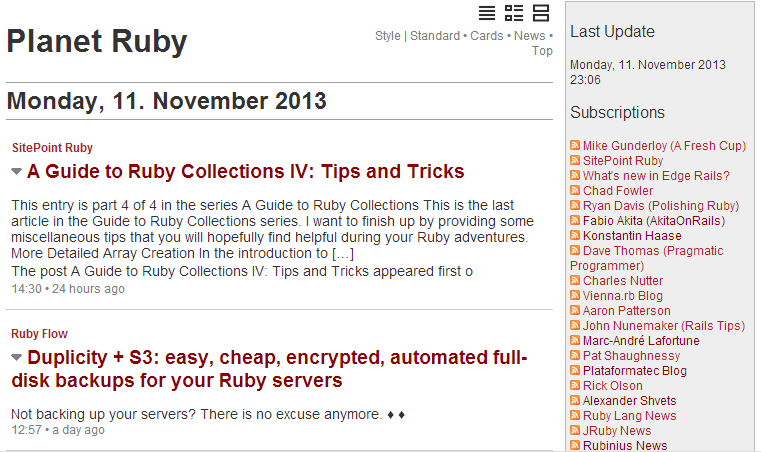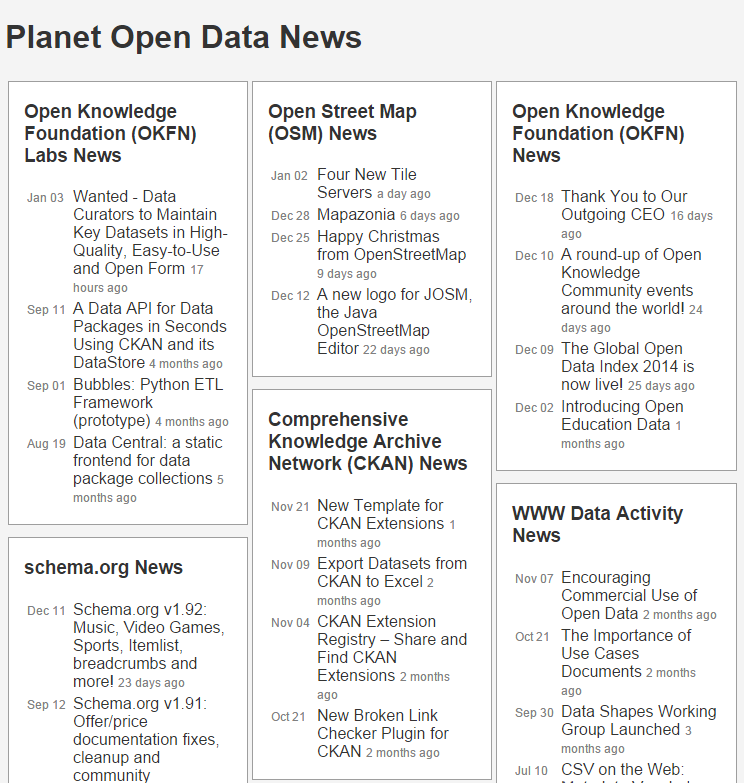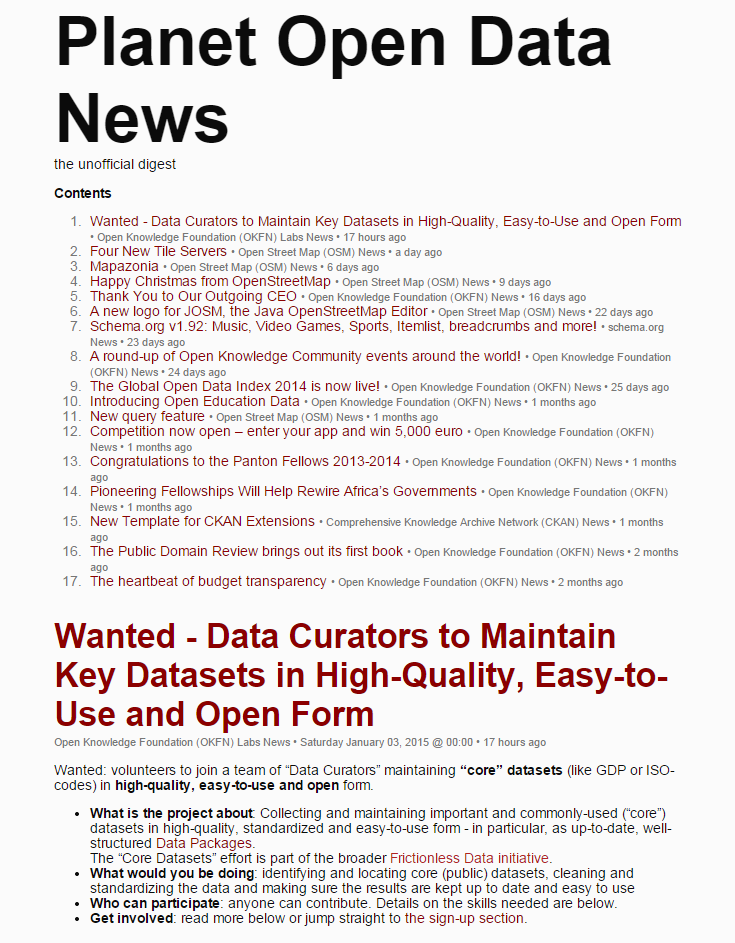You [Gerald Bauer¹] have been permanently banned [for life] from participating in r/ruby (because of your writing off / outside of r/ruby). I do not see your participation adding anything to this [ruby] community.
-- Richard Schneeman (r/ruby mod and fanatic illiberal ultra leftie on a cancel culture mission)
¹: I know. Who cares? Who is this Gerald Bauer anyway. A random nobody for sure. It just happens that I am the admin among other things of Planet Ruby.
Case Studies of Code of Conduct "Cancel Culture" Out-Of-Control Power Abuse - Ruby - A Call for Tolerance On Ruby-Talk Results In Ban On Reddit RubyUpdate (August, 2022) - A Call for More Tolerance And Call For No-Ban Policy Results In Ban On Ruby-Talk (With No Reason Given)
> I just banned gerald.bauer@gmail.com. > > -- SHIBATA Hiroshi > >> THANK YOU >> >> -- Ryan Davis >> >> >> My full support to moderators. >> >> -- Xavier Noria >> >> My full support to moderators. >> >> -- Carlo E. Prelz >> >> That's fun. >> >> -- Alice
The Future of Online News - The Future of Facebook & Co - Web Feeds, Web Feeds, Web Feeds
pluto library and command line tool - Auto-Build Web Pages From Published Web Feeds; Planet (Static) Website Generator
github: feedreader/pluto, rubygems: pluto, rdoc: pluto
What’s Pluto?
A planet (static) website generator that lets you build web pages from published web feeds.
Getting Started
Step 1 - Add all web feeds to your planet configuration
Add all web feeds to add to your planet news site to your planet configuration file.
Example - planet.ini:
title = Planet Ruby
[rubylang]
title = Ruby Lang News
link = http://www.ruby-lang.org/en/news
feed = http://www.ruby-lang.org/en/feeds/news.rss
[rubyonrails]
title = Ruby on Rails News
link = http://weblog.rubyonrails.org
feed = http://weblog.rubyonrails.org/feed/atom.xml
[viennarb]
title = Vienna.rb News
link = http://vienna-rb.at
feed = http://vienna-rb.at/atom.xml
Step 2 - Auto-build your planet news site
Use the pluto command line tool and pass in the
planet configuration file. Example:
$ pluto build planet.ini
This will
1) fetch all feeds listed in planet.ini and
2) store all entries in a local database, that is, planet.db in your working folder and
3) generate a planet web page, that is, planet.html using the blank template pack in your working folder using all feed entries from the local database.
Open up planet.html to see your planet web page. Voila!

Bonus: Try different templates/theme packs
Don’t like the look and feel of the built-in standard blank theme / template? Use a different planet theme or design your own.
See the Planet Templates site for more free themes / templates including:
- Blank - default templates; more »
- News - ‘river of news’ style templates; more »
- Top - Popurl-style templates; more »
- Classic - Planet Planet-Style templates; more »
top - Pluto Planet Template Pack

Try It Yourself - How To Use the Top Template Pack
If you want to try it yourself, install (fetch) the new template pack. Issue the command:
$ pluto install top
Or as an alternative clone the template pack using git. Issue the commands:
$ cd ~/.pluto
$ git clone https://github.com/planet-templates/pluto.top
To check if the new template got installed, use the list command:
$ pluto list
Listing something like:
Installed templates include:
top (~/.pluto/top/top.txt)
Showtime! Let’s use the -t/--template switch to build a sample Planet Ruby. Example:
$ pluto build planet.ini --template top or
$ pluto b -t top # auto-adds (defaults to) planet.ini
Open up the generated planet page planet.html in your browser. Voila. That’s it.
digest - Pluto Planet Template Pack
Design and layout inspired by Alterslash - the unofficial Slashdot digest. Easy to read single page digest.

Try It Yourself - How To Use the Digest Template Pack
If you want to try it yourself, install (fetch) the new template pack. Issue the command:
$ pluto install digest
Or as an alternative clone the template pack using git. Issue the commands:
$ cd ~/.pluto
$ git clone https://github.com/planet-templates/planet-digest
To check if the new template got installed, use the list command:
$ pluto list
Listing something like:
Installed templates include:
top (~/.pluto/digest/digest.txt)
Showtime! Let’s use the -t/--template switch to build a sample Planet Ruby. Example:
$ pluto build planet.ini --template digest or
$ pluto b -t digest # auto-adds (defaults to) planet.ini
Open up the generated planet page planet.digest.html in your browser. Voila. That’s it.
Create Your Own Templates w/ Embedded Ruby (ERB) - Template Reference
Pluto use “standard / plain vanilla” embedded ruby (ERB) templates.
To create your own templates
use the built-in variables site, feed, item, etc.
Site
Example: Planet Title
<%= site.title %>
Example: List all subscriptions
<% site.feeds.each do |feed| %>
<%= feed.url %> or <%= feed.link %>
<%= feed.title %> or <%= feed.name %>
<%= feed.title2 %>
<%= feed.feed_url %> or <%= feed.feed %>
<% end %>
Feed
Example: Lastest feed items
<% items = site.items.latest.limit(24)
ItemCursor.new( items ).each do |item,new_date,new_feed| %>
<% if new_date %>
<%= item.published %>
<% end %>
<% if new_feed %>
<%= item.feed.url %> or <%= item.feed.link %>
<%= item.feed.title %> or <%= item.feed.name %>
<%= item.feed.title2 %>
<% end %>
<% if item.title %>
<%= item.title %>
<% end %>
<% item.content %>
<% item.url %> or <% item.link %>
<% item.published %>
<% end %>
Appendix A: Stay Static or Go Dynamic? Pluto Live Starter
Example planet starter site - a Sinatra (dynamic) web app using the pluto machinery.
class Planet < Sinatra::Base
##########
# Models
include Pluto::Models # e.g. Feed, Item, Site, etc.
############################################
# Controllers / Routing / Request Handlers
get '/' do
erb :index
end
end
(Source: planet.rb)
Sample template snippet:
<h1><%= site.title %></h1>
<% site.items.latest.limit(24).each do |item| %>
<div class='item'>
<h4 class='feed-title'>
<%= link_to item.feed.title, item.feed.url %>
</h4>
<h2 class='item-title'>
<%= link_to item.title, item.url %>
</h2>
<div class='item-content'>
<%= item.summary %>
</div>
</div>
<% end %>
(Source: views/index.erb)
Appendix B: Real World Examples - Who’s Using Pluto?
Live planet websites include:
- OpenStreetMap Blogs, (Configuration)
- and some more - you! :-)
Built with Ruby
(running Jekyll)
on 2023-01-25 18:05:39 +0000 in 0.371 seconds.
Hosted on GitHub Pages.
</> Source on GitHub.
(0) Dedicated to the public domain.